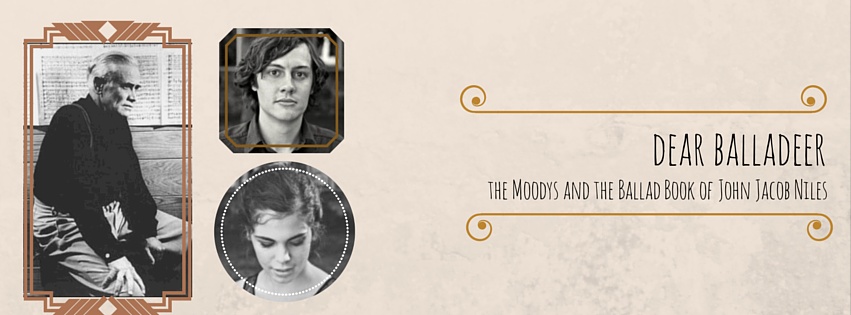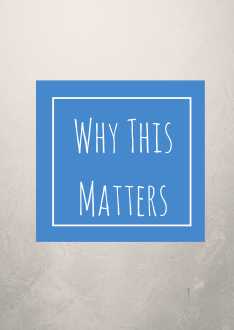Many of you might be wondering why we chose this project, and while we’ve explained some of our personal motivations here and here, that still leaves the bigger question of why we think this matters unanswered. Here’s the thing: this project matters deeply to us, and we hope it will matter to some of you too.
It matters because there is a rampant misconception about the history of the music and the people of the Appalachians.
I will delve more deeply into this in a research piece I’ll be publishing on the blog this summer, tentatively titled “The Myth of the Hillbilly,” but the basic idea is this: a part of our Southern identity has been co-opted by Hollywood and by music producers, such that when you mention Tennessee to many people across our country (or globally), an image of a happy, ignorant, and barefoot banjo player pops into mind, blissfully picking some stupid tune like Dueling Banjos.
It is convenient to think of people in Appalachia as shallow, stupid even, because that means they might feel their poverty and their destitution less deeply. A caricature singing up-beat, humorous tunes is far easier to ignore, to write-off, than a troubled and poor farmer or miner singing sad songs a hundred years in the making.
Unfortunately, these stereotypes are now so widely accepted that they have been adopted by many around the South as part of our heritage. I do not deny that stereotypes often contain some truth, however, I find it unsettling how fully many now take up the title of “hillbilly” with pride. It is meant to be derogatory, folks.
What happens when you look at authentic songs, though, is that a very different culture and people come into focus. Their songs are heartbreaking, their stories tragic.
These songs John Jacob Niles collected are such genuine articles. They are the true culture of a people long trivialized and stereotyped.
If you are a Southerner, especially from the Appalachian region, we hope you’ll adopt them as part of your identity, your history. They should make you proud. They are beautiful, intelligent, and have a rich poetry to them.
They are part of our shared story, and should provide many with any alternate version of Appalachian culture to be proud of. We believe that matters.


Nice article. I have a question. Is there another phrase in lieu of ‘hillbilly’ you feel is acceptable? I am looking forward to reading all your information on this subject, thank you.
LikeLiked by 1 person
Hello Gary and thank you for reaching out!
I think to avoid stereotyping you have to be as specific and precise as possible, and in that sense “Appalachian” would be the most correct term. (Thus, ‘Appalachian folk music’ instead of ‘hillbilly music,’ or ‘Appalachian native’ instead of ‘hillbilly.’) In his introduction, John Jacob Niles steers clear of labeling in any derogatory way; he writes of ‘fine people,’ ‘pioneers,’ ‘industrious folk,’ and ‘simple people.’
LikeLike